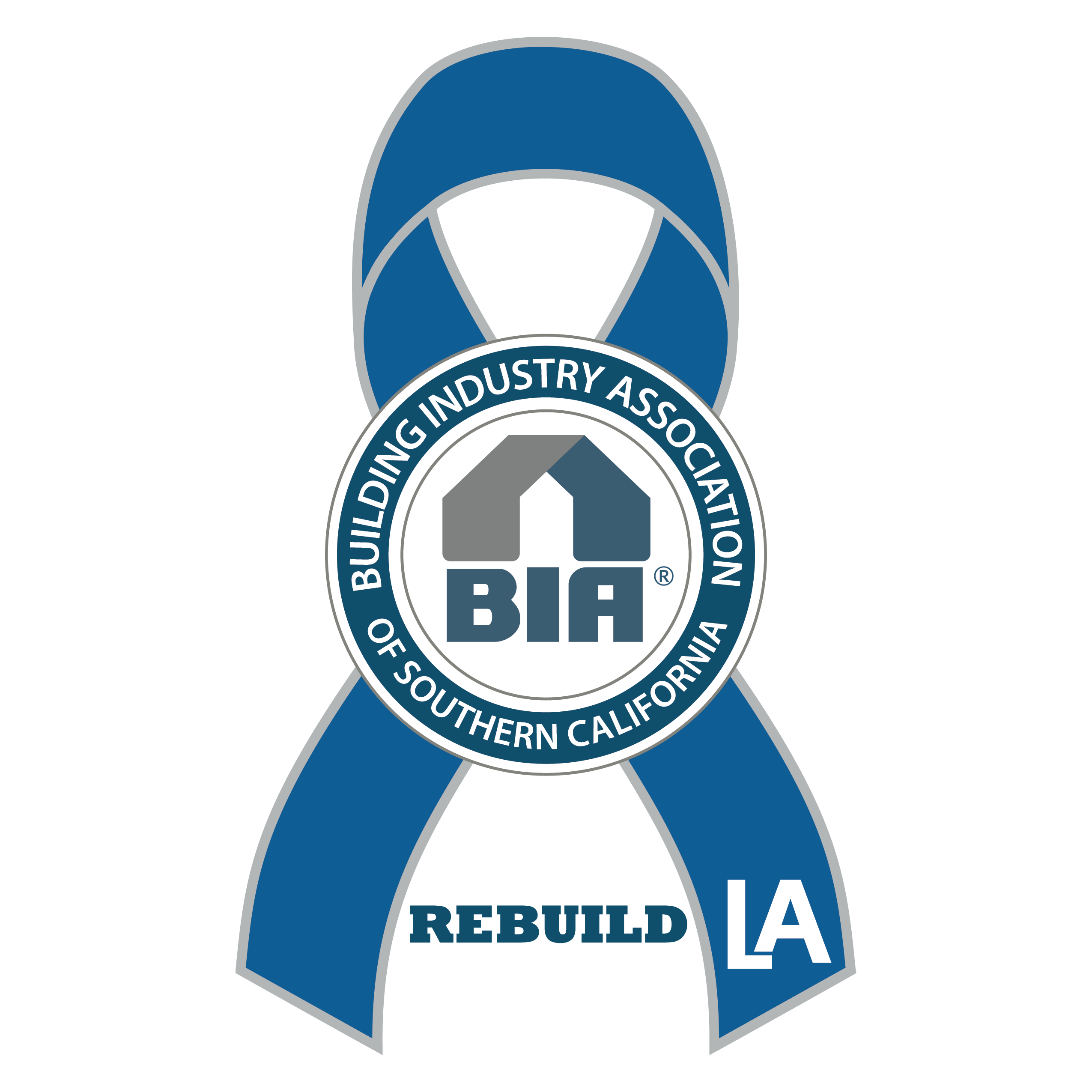 A little over 50 years ago, Martin Luther King Jr., on the heels of the historic 1965 march from Selma to Montgomery, stood before an audience of thousands of Chicagoans to deliver a fiery speech about segregated housing policies. In the hundred years since the abolition of slavery, millions of African-Americans migrated from the rural South, flocking to urban areas throughout the North, Midwest and West. While some found prosperity and promise, many were held back by slums and other poor housing conditions that were a barrier to opportunity. Tying back to his vision of a “Beloved Community”—a society based on the marriage of justice, equal opportunity, and love of one’s fellow human beings—Dr. King’s Chicago Freedom Movement was the first significant attempt to tackle the issues faced by African-Americans in urban areas throughout the Northern United States. While local grassroots activists were leading powerful movements to ensure voting rights, improve relations between police and communities of color, and make schools better, Dr. King brought with him both national attention and a unique critical lens toward the holistic impact of housing conditions.
A little over 50 years ago, Martin Luther King Jr., on the heels of the historic 1965 march from Selma to Montgomery, stood before an audience of thousands of Chicagoans to deliver a fiery speech about segregated housing policies. In the hundred years since the abolition of slavery, millions of African-Americans migrated from the rural South, flocking to urban areas throughout the North, Midwest and West. While some found prosperity and promise, many were held back by slums and other poor housing conditions that were a barrier to opportunity. Tying back to his vision of a “Beloved Community”—a society based on the marriage of justice, equal opportunity, and love of one’s fellow human beings—Dr. King’s Chicago Freedom Movement was the first significant attempt to tackle the issues faced by African-Americans in urban areas throughout the Northern United States. While local grassroots activists were leading powerful movements to ensure voting rights, improve relations between police and communities of color, and make schools better, Dr. King brought with him both national attention and a unique critical lens toward the holistic impact of housing conditions.
Categories:Observer
